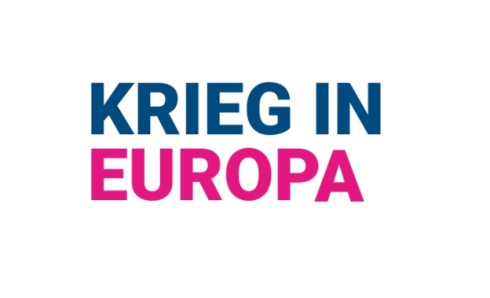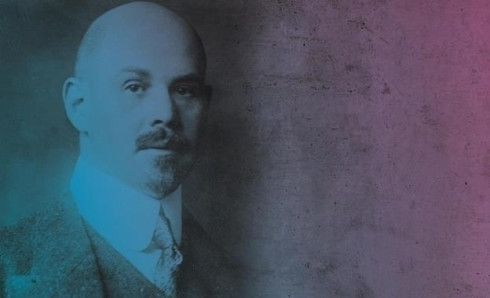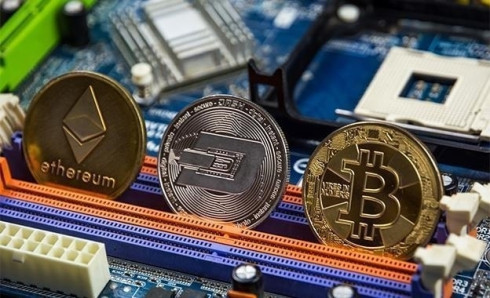Bangladesh: Henry Kissinger’s basket case is an economic success
In 2021 Bangladesh celebrated its golden jubilee of independence. Labeled as a "basket case" by Henry Kissinger, the US secretary of state in 1972, this relatively young nation stands today as a template of growth and economic success. Bangladesh started as a country with a low income per capita along with nations as Chad, Rwanda, Burundi, and Nepal.
Today, the country has crossed the per capita income threshold of USD 2000, with a GDP of about USD 355 billion, securing itself a position in the top 40 economies of the world in terms of GDP. Bangladesh has thus recorded the fastest and most stable rate of GDP growth among developing countries. Besides, the rate of extreme poverty also came down. With the economy, the society also underwent momentous transformation as a consequence. Infant mortality has been falling in the last decades. Access to education and trainings enhanced, especially for girls, thereby reducing child marriage. Apart from this indicators of economic and societal growth, the country has also seen a shift towards digitisation that has successfully given rise to a growing pool of entrepreneurs positively impacting lives in the urban and rural societies, such as through greater financial inclusion. Today, Bangladesh is a success template for all developing nations and this was achieved through the contributions of various actors including in both the public and private sectors.
The discussion looks back into this story of growth through the lens of sustainable economy, poverty alleviation and technology in development.
Bangladesh: Henry Kissinger’s basket case is an economic success
Veranstaltungsart
Webtalk
Zeit07.04.2022 | 16:30 - 18:00
VeranstalterLandesbüro Bayern






